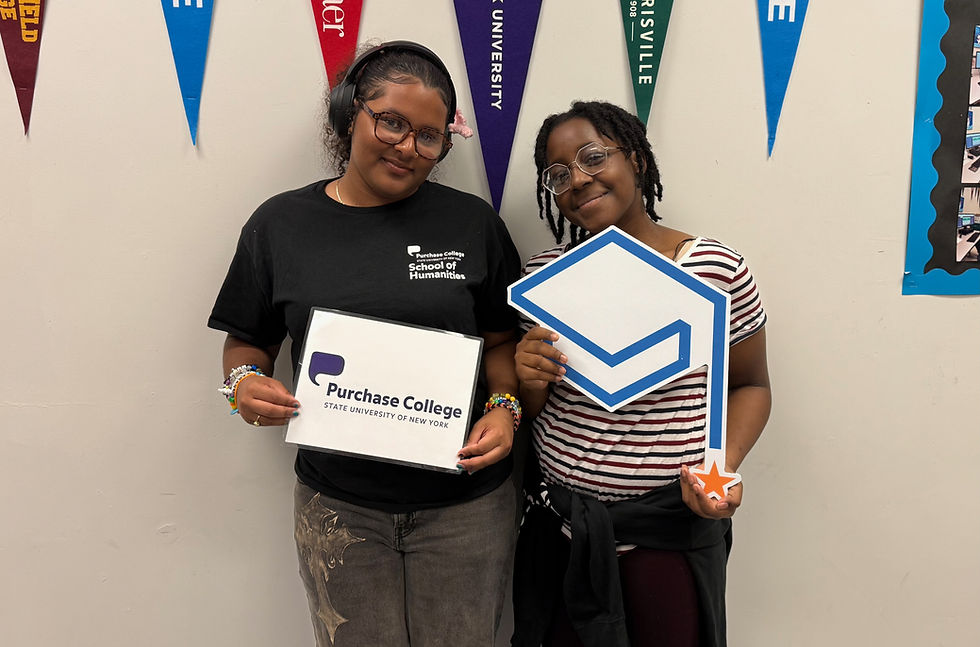It doesn’t add up – how will our students be able to graduate college if they miss months of math?
- Susan Schwartz

- May 27, 2020
- 3 min read

by Eilis Klein
I don’t think the kids are going to be happy about this, but this summer they are all going to have to go to math camp.
I work with high school students in Yonkers, NY as part of the team at Yonkers Partners in Education, a non-profit that supports students in the Yonkers Public Schools on their path to college. The students we work with are predominantly students of color and the vast majority come from low-income families.
We are reading a lot about the many challenges first-generation students will face this summer as they transition to college. But one problem we’re not hearing about is one that will have long term effects: math.
We have seen that the immediate consequences of the COVID-19 crisis and the subsequent quarantine are disproportionately impacting low-income, people of color. However, education can still be a way out. There has been important work done to continue to prove that higher education, when coupled with appropriate financial aid, can disproportionately help low-income, first-generation students of color.
One of the biggest hurdles to succeeding in college academically is math. In The Years That Matter Most, education writer Paul Tough lays out a compelling case study detailing the ways that math classes like Calculus 100 dishearten and displace students like ours. They internalize that they’re not a “math person,” leading them away from pursuing (high paying) areas of study in the STEM field or even pushing students to drop out of college altogether.
How are these students going to get through Calculus 100 when they have already missed 6 weeks of Algebra 1 to date? This is not to undercut the work that classroom teachers have been doing to provide instruction to their students – teachers have been going above and beyond in impossible circumstances. In Yonkers, we have seen teachers move to online instruction to keep students on track.
But statewide -- and even in good times -- math is an issue. In NYS, only 62% of “economically disadvantaged” students get through the very important Algebra 1 Regents proficiency test with a grade considered proficient or above in normal circumstances. If students miss months of Algebra 1, Geometry (not to mention the rest of high school and then college) is going to be excruciating and highly discouraging.
To be sure, there are millions of priorities we could pick to focus on in the current moment. Child abuse rates will be up, too many Americans will be facing hunger, and people are mourning the loss of loved ones. But long-term, these big picture challenges that COVID-19 is bringing to the fore – income inequality, a broken health care system – will require a stable, economically-secure and educated citizenry to rebuild America. Therefore, long-term change might all come down to ensuring more young people graduate from college and connectedly, their proficiency in math.
Teachers across the country are becoming increasingly concerned as they watch the weeks tick by – this is the year of the summer melt from hell. While there will be numerous challenges, missing months of math instruction feels like an almost-insurmountable challenge that our young people are going to face once school resumes.
Schools and nonprofits need to work together to make sure we prepare programming and other resources to get students back on track with math. Summer math camp for all!
Eilis Klein is the Director of Operations at Yonkers Partners in Education (YPIE) and an MPA candidate at the NYU Wagner School of Public Service.




http://172.93.101.13/https://www.maju88bet.com/https://www.betasik.com/https://www.pasangbola828.com/http://167.114.18.208/http://167.114.18.209/http://167.114.18.199/